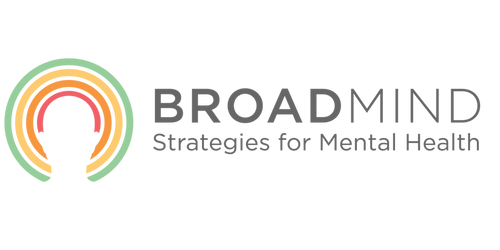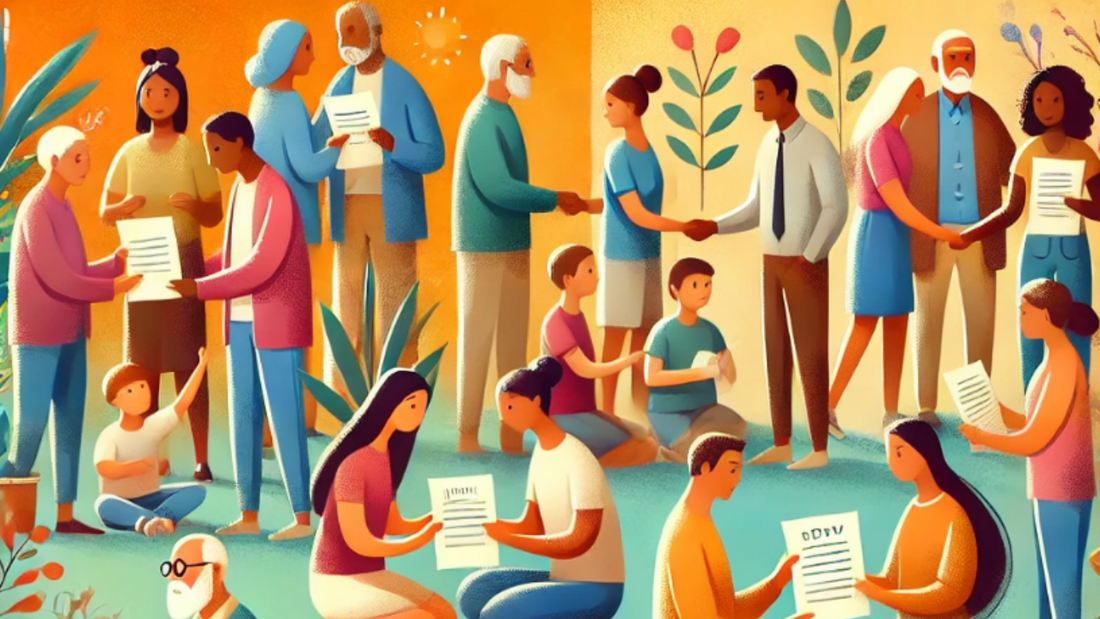For years, I've wanted to dive into "The Social Contract" by Jean-Jacques Rousseau.
The idea of creating agreements on how we spend our time together has always intrigued me.
In essence, we’re social creatures who thrive in collective, fulfilling connections.
But in today’s world, what would our new social contract look like?
How can we create relationships where everyone feels safe, validated, and fulfilled?
This question feels especially timely, given our need to bridge the divides created by trauma and the unique stresses of modern life.

A New Social Contract
Maybe our new social contract begins, paradoxically, not with others, but with ourselves.
Our ability to truly connect starts with self-care—the very foundation of our capacity to show up fully.
So yes, once again, I’m going to talk about the self-care stack—laughs.
Because the stack is not just a tool; it’s a mindset that encourages us to put our well-being first, to become aware of our limits and needs. It’s our biggest job, taking care of ourselves so we can be there for others.
The concept behind this social contract could be simple but powerful.
We need agreements that enable healthy dialogue, where we can express our feelings without causing harm.
This takes conscious self-care and a readiness to understand our reactions and boundaries.
So, what’s in this new social contract of ours? How can we stay connected, be real, feel all our feelings—without, you know, hurting each other?
Here are three core commitments that could form the basis of a new social contract:

1. Practice Your Self-Care Stack
The self-care stack is more than a routine; it’s a practice of self-compassion and resilience.
When we’re feeling grounded, we’re less likely to react out of pain.
After all, hurt people can hurt people, even when we don’t intend to.
But the good news is, we can actively manage this by committing to personal wellness practices—whether it's physical health, calming our nervous system, or attending to our emotional needs.

2. Have Compassion, Not Judgment
When we see someone struggling, reacting poorly, or "not stacking well," can we withhold judgment and approach with compassion?
Often, others’ actions are expressions of their own struggles.
Part of the social contract could be a commitment to pause before reacting, allowing room for understanding rather than quick, negative assumptions.
Compassion allows us to be present without escalating hurt.

3. Understand Your Own Boundaries and Triggers
Self-awareness is a cornerstone of this new contract.
Understanding our own boundaries and triggers gives us the insight to know when we need to step back or ask for space, creating respectful exchanges with others.
This boundary awareness isn’t about avoiding connection but protecting it.
When we know what we need, we’re less likely to hurt others unintentionally and more able to engage genuinely.

Exploring More Ideas for Our Social Contract
Creating a sustainable, fulfilling collective experience will likely take more than these three steps. As we continue building this new contract, let’s consider other values that could shape our connections:
* Commit to Open, Ongoing Dialogue: Our needs and boundaries are bound to evolve. A healthy social contract could involve regular check-ins and open conversations about how we feel and what we need.
* Share, Don’t Overbear: One powerful agreement could be to share experiences without expecting others to adopt our viewpoint. Listening, rather than advising, can create safer, more fulfilling dialogues.
* Celebrate Each Person’s Individuality: Another part of our contract could be a commitment to appreciate the diversity of thought and experiences in our communities. Instead of expecting conformity, we can encourage everyone’s uniqueness.
By focusing on self-care, compassion, and boundary awareness, we set a strong foundation for collective well-being.
We need these kinds of agreements now more than ever.
This social contract—starting with the stack—is a small but impactful step toward building a compassionate, connected world where we all feel safe and supported.

